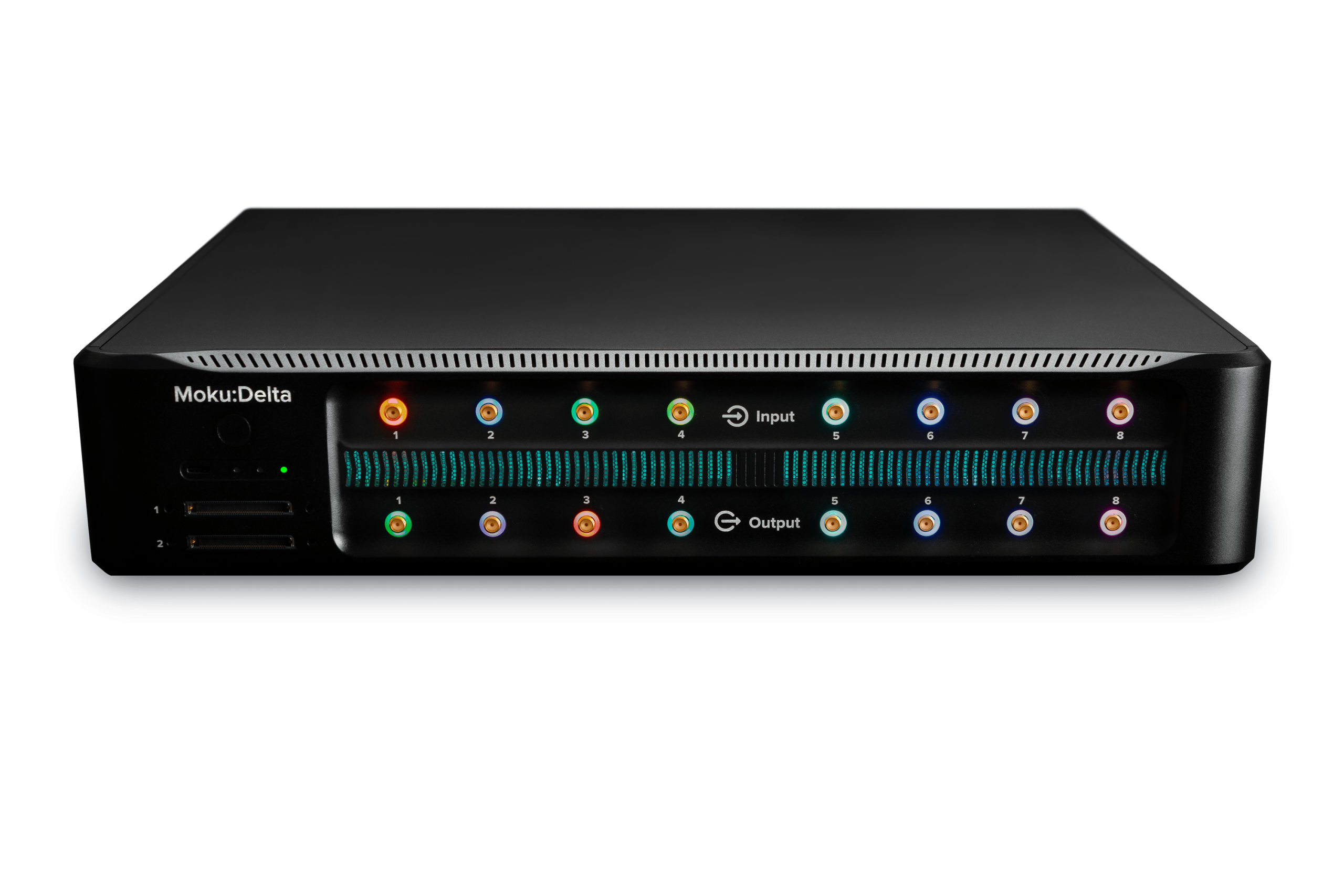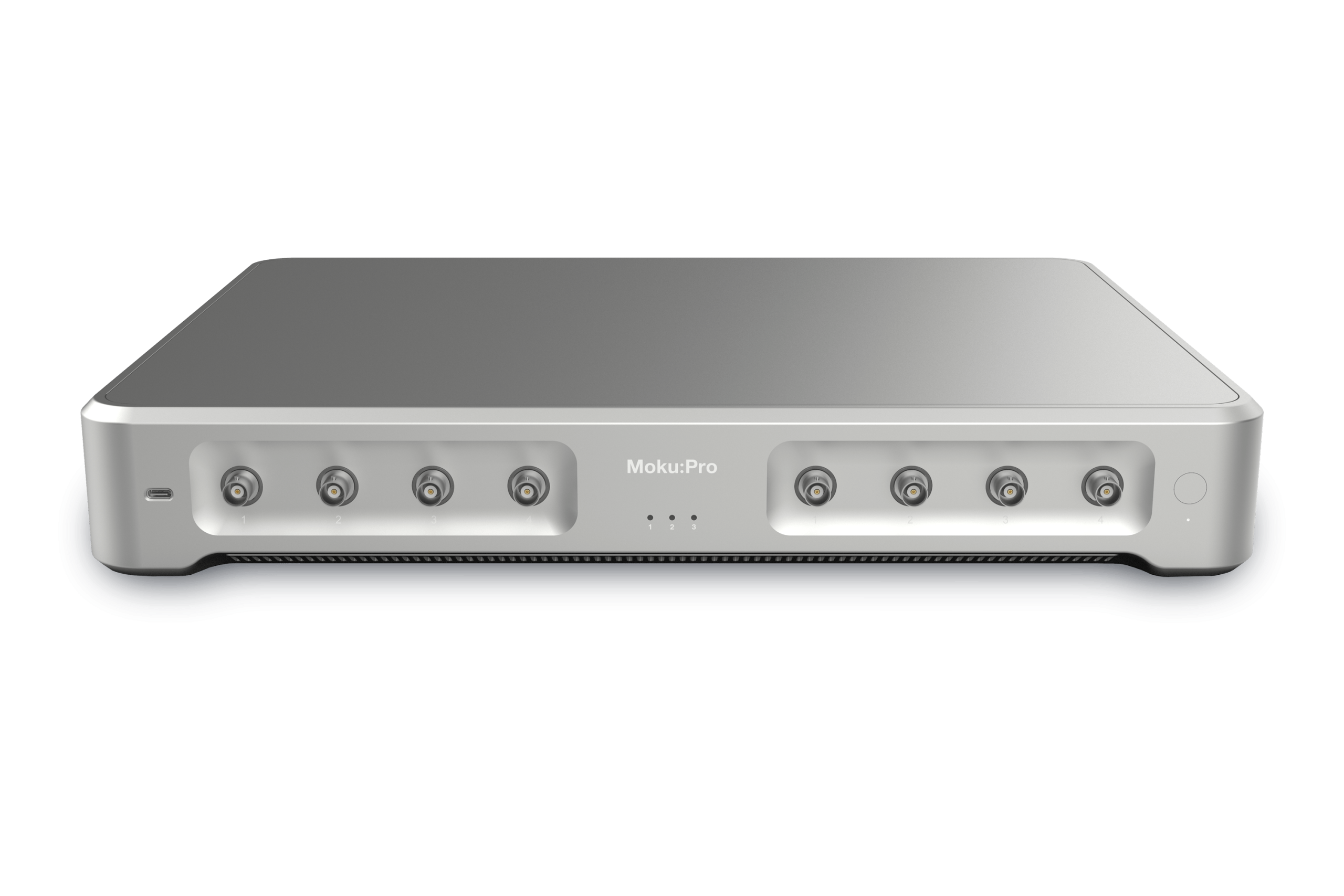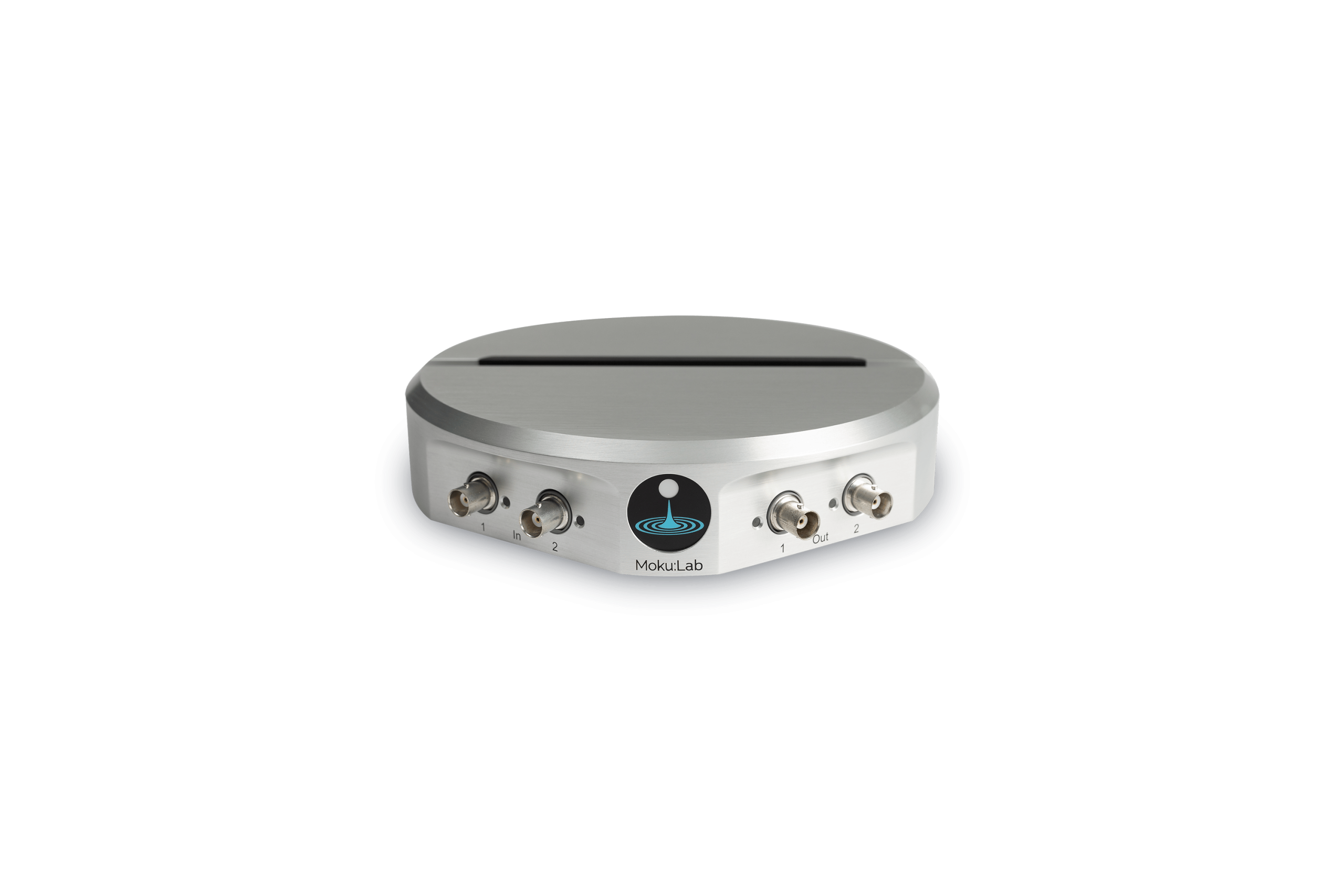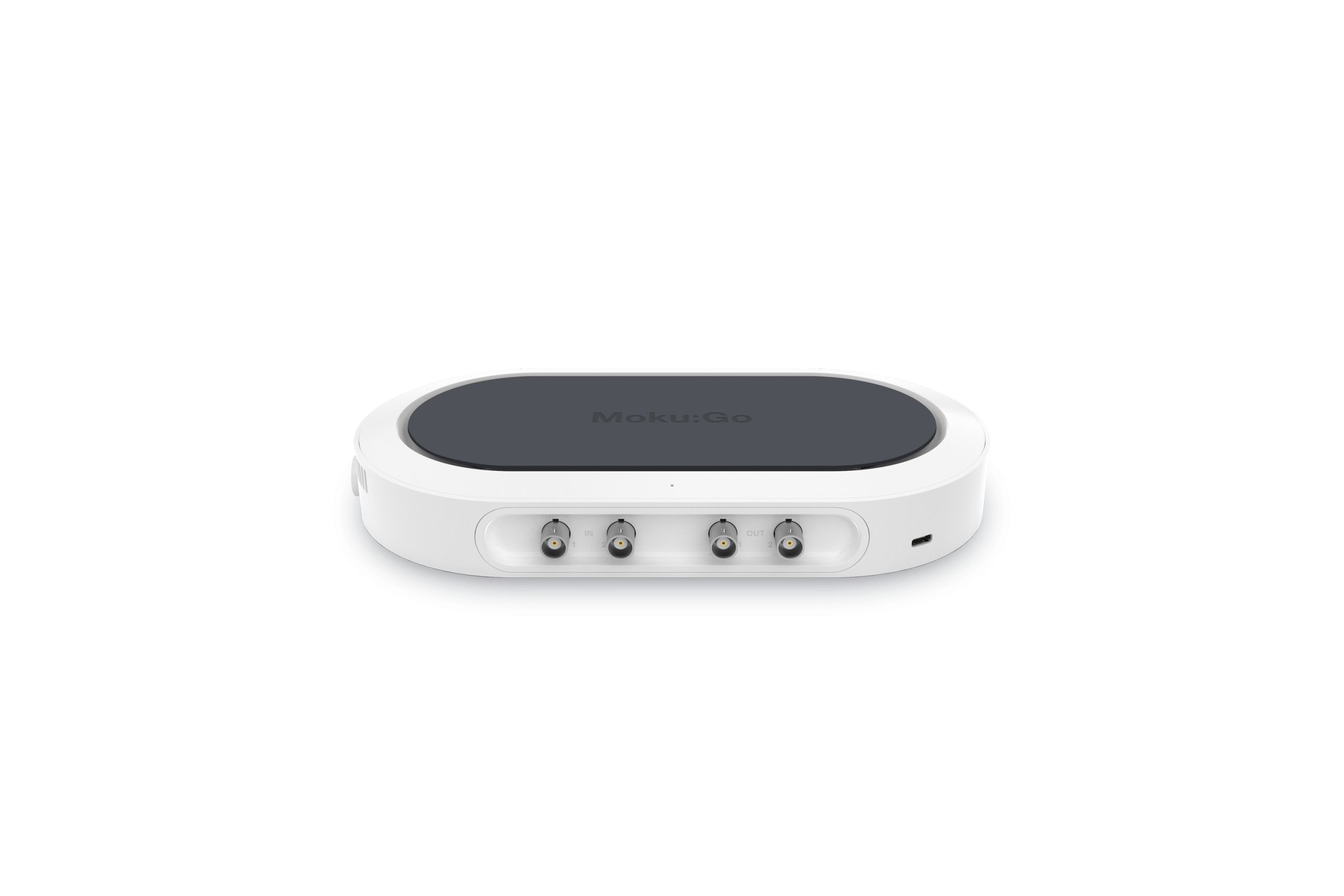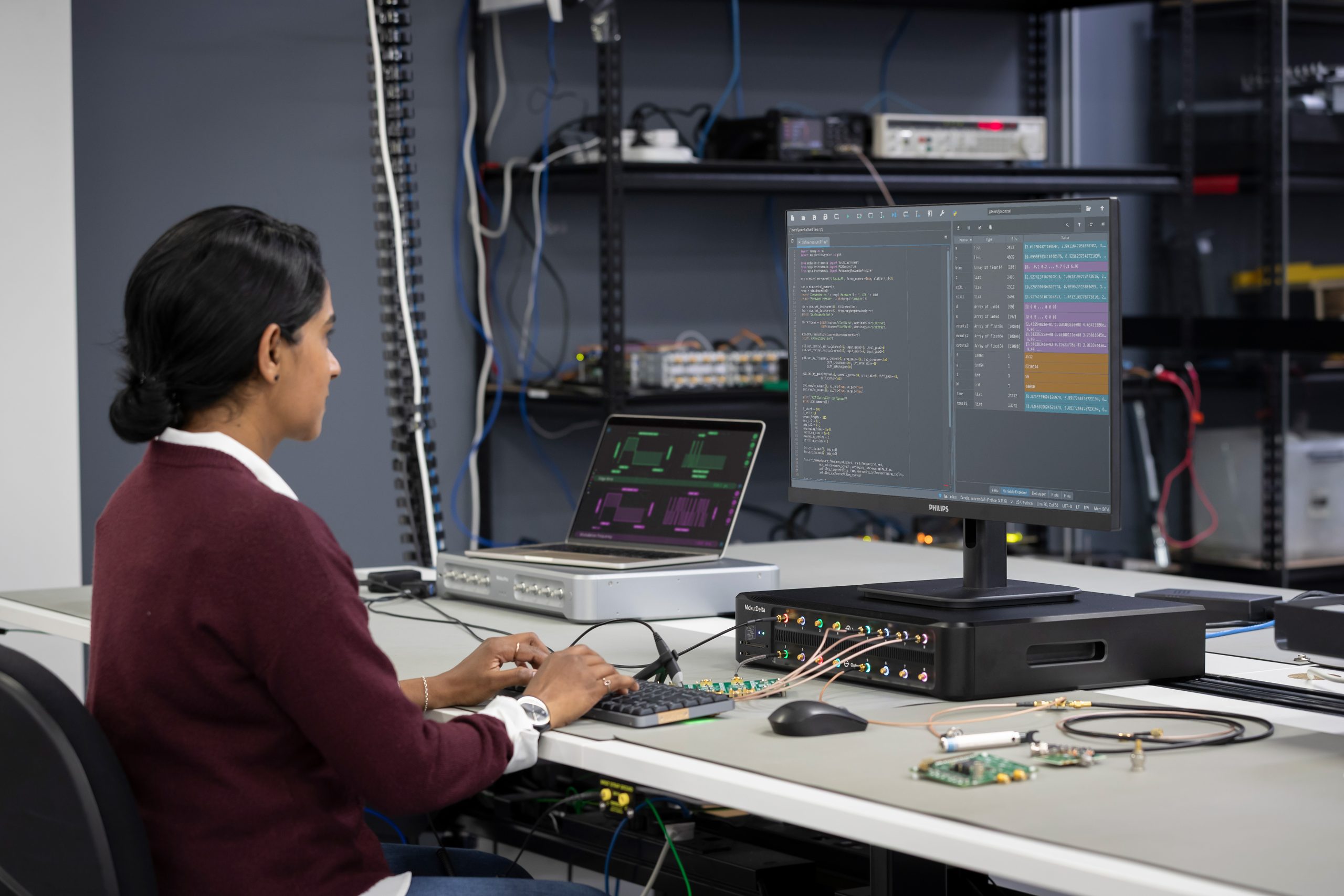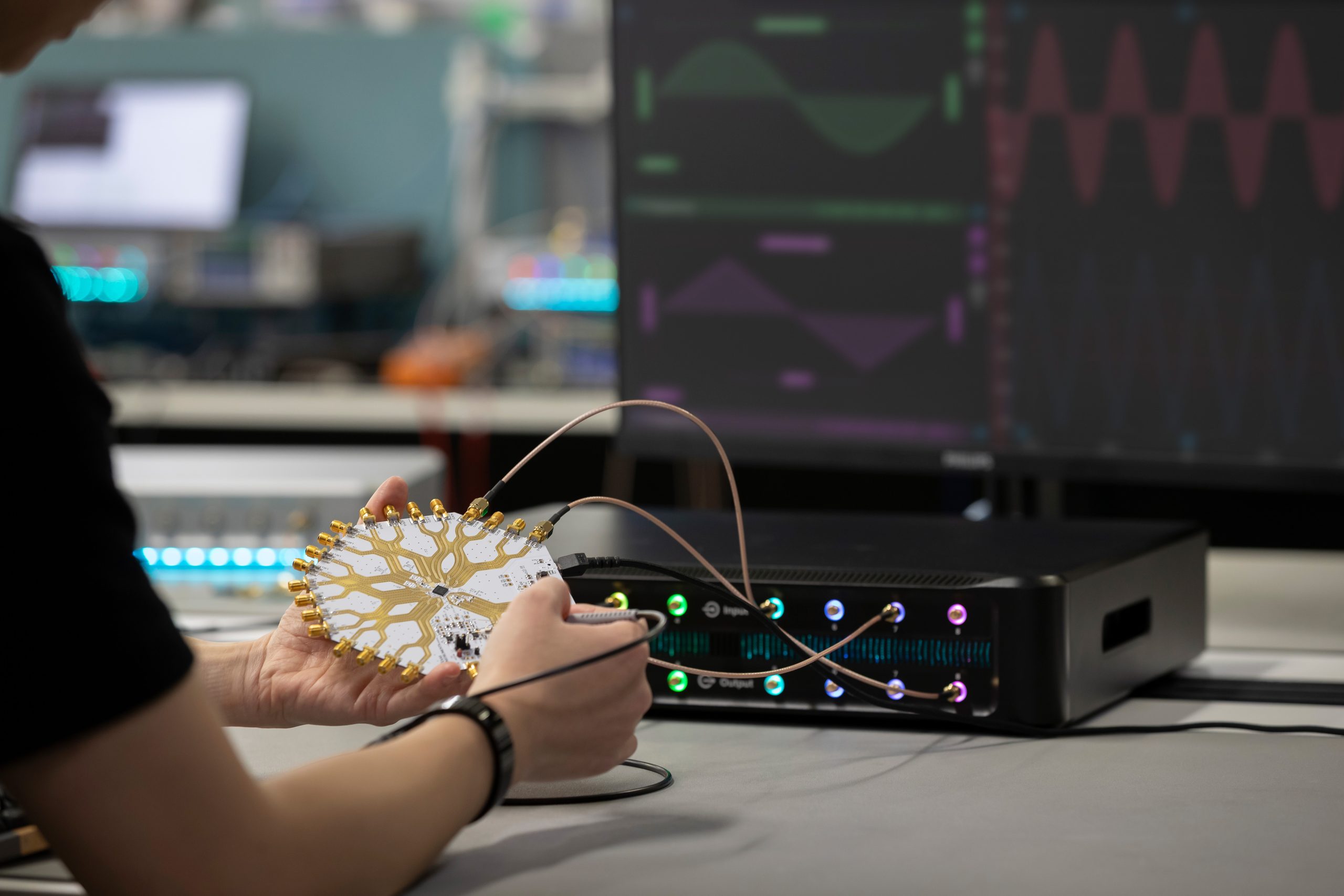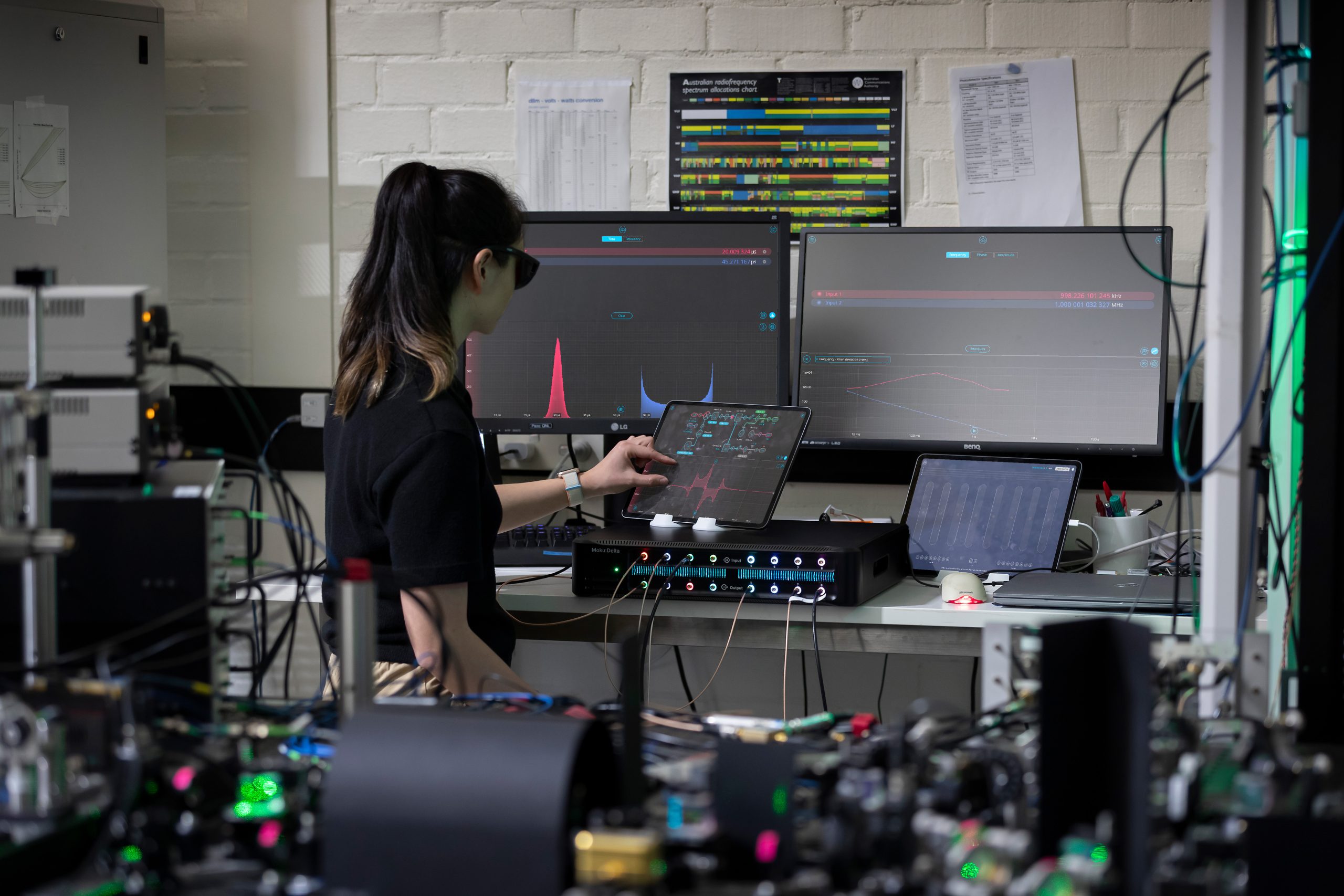Overview
Advances in test and measurement are increasingly driven by reconfigurable hardware and precision timing. By combining FPGA-based signal processing, disciplined clocking, and low-noise analog design, engineers can achieve performance levels that were once only possible with specialized, fixed-function instruments. These architectures enable lower noise floors, faster throughput, and greater measurement accuracy, while remaining adaptable to changing requirements. This webinar explores how these technologies come together in practice, from the design of flexible FPGA-based processing pipelines to the implementation of temperature-stabilized and GNSS-disciplined timing systems. We’ll discuss how each design choice influences stability, synchronization, and overall system performance, and what this means for scientists and engineers developing next-generation test systems.
To illustrate these principles, we’ll look at how they’ve been realized in Moku:Delta, a reconfigurable, multi-instrument platform that integrates these concepts into a unified system. The session will include a demonstration and live Q&A. Attend live for a chance to win a Moku:Go!
In this webinar, we’ll cover:
- Precision synchronization and timing requirements
- Multi-instrument test flows and instrument specifications
- Deploying custom instruments for advanced applications
Webinar Details
Date: Nov 12, 2025 | 10 AM PSDT / 1 PM EDT
Speaker: Brian Neff
Aerospace and Defense Technical Engineer
Liquid Instruments
